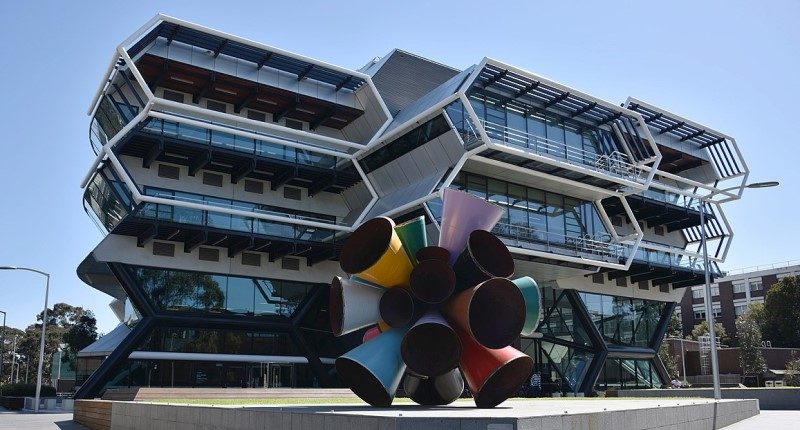- Monash University study found hearing about hate crime could lead to rejection
- Second hand news could lead to overestimating crime levels in local area
- Intentional exclusion followed from just hearing about hate crime
New research from Monash University has found that “secondary exposure to hate crime can harm community cohesion.”
Monash researchers defined hate crimes as violent, destructive or threatening behaviour where the perpetrator is motivated by prejudice towards the victim.
“In communities where ethnic minorities are targeted, the blame appears to be attributed to them by their fellow residents.”
Chloe Keel, Lead Researcher and PhD Candidate, Monash University
Lead researcher, Chloe Keel, said, “This second-hand information and the subsequent response has massive implications for community cohesion in multi-ethnic neighbourhoods,”
“Hearing about crime can lead individuals to overestimate the levels of crime in their area, and second-hand tales of crime shape how individuals process events, exacerbate conflict in communities and encourage rhetoric around immigration and crime.”
Second-hand information could come in the form of gossip, social media, or the news.
The research also found that “those who hear about incidents of hate in their suburb are more likely to expect to be rejected by immigrants in their local community on the basis of their race and/or ethnicity”.
Older survey participants were found to harbour significantly more anger when hearing about hate crimes, likewise those without university qualifications and neighbourhoods with high levels of disadvantaged individuals.
On the flip side, positive attitudes towards ethnic minorities came generally from individuals who were either overseas-born survey participants, in higher income brackets, identified as religious, were affiliated with progressive parties or were younger.
In a separate study that considered the value of creative placemaking, UNSW researchers found that an area is often perceived through its social infrastructure.
“You can’t just build a place, or just physical infrastructure … you have to activate it with the social infrastructure. There’s both a physical environment, and whether people feel welcome there.”
Dr Justine Lloyd, Macquarie University
While the Monash study was unable to determine whether residents were hostile towards migrants prior to hate crime exposure, the study did find hate crimes lead to people anticipating social rejection if they approached someone different to themself.
As they used to say many years ago, loose lips sink ships.








